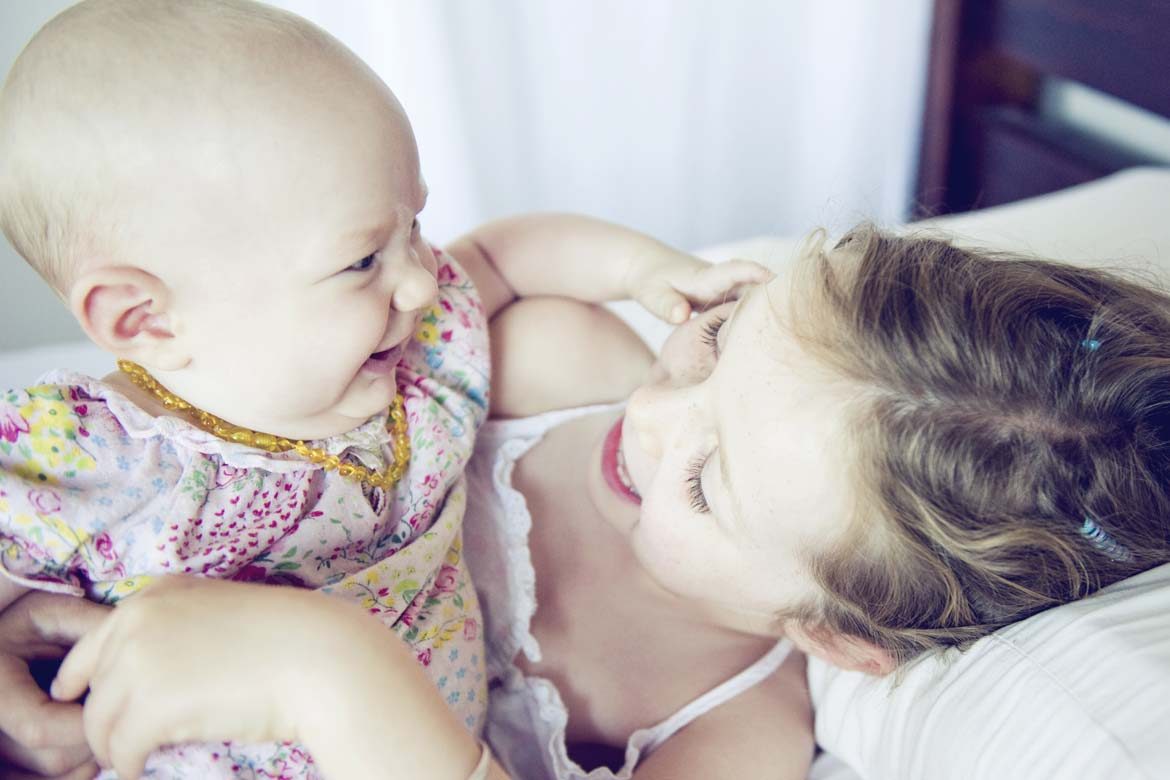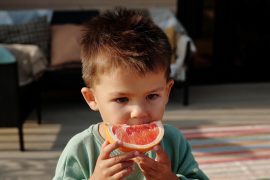By Dr. Laura Markham
I am a loving mother and mostly my children are very good. But everyone knows that children need discipline. What do you recommend as loving discipline?”
Would you join me in a survey? Let’s ask 10,000 people whether children need discipline. I’m willing to bet that in any random sample, 9999 of our respondents will say “Yes, of course!”
But discipline is a murky word, so maybe we should define our terms. In the Merriam-Webster Dictionary, Discipline is defined as:
- Punishment
- Instruction (obsolete)
- Field of study
- Training that corrects, molds, or perfects the mental faculties or moral character.
- Control gained by enforcing obedience or order.
So, the word Discipline originally meant Instruction or Guidance and derives from the same Latin root as the word Disciple. Nowadays, however, that meaning is considered obsolete, and the word has come to mean Punishment.
The dictionary defines Punishment as an “action with an intent to hurt,” either physically or psychologically, in order to teach a lesson. So there is no such thing as “loving discipline,” because the child will never experience something designed to cause him pain as loving. As Jane Nelsen says, “How did we ever get the idea that in order to help children do better, we have to make them feel worse?”
If the child doesn’t experience the discipline as painful, then it’s just teaching. In that case, why confuse the issue by calling it discipline, which has such negative connotations? Why not just call it teaching, or loving guidance?
What would that change? Well, to start, it would change our understanding of our children. Instead of seeing kids as in need of punishment to convince them to stop willfully misbehaving, we’d use an entirely different lens. We’d see them as in need of guidance, teaching, and support. We’d realize that:
- All misbehavior is a cry for help or connection.
Respond to the need and the behavior will change. Much of what we consider “misbehavior” is normal childishness and can be “corrected” simply through loving guidance. - Children learn what they live
…through repeated experience. Every interaction with your child models how to manage oneself and relate to others. - If a child isn’t meeting our expectations, she needs more support to do so
…whether that’s teaching, connection, empathic limits, or help in working through the emotions that are getting in her way. - Once children can regulate their emotions, they can regulate their behavior.
If your child feels connected to you, he wants to follow your lead-but sometimes he can’t, because his big emotions overwhelm his still-developing frontal cortex. Help with the emotions, and he can manage his behavior.
Are you wondering if some misbehavior is simply the child doing what she wants? Of course it is! But in that case, it’s a red flag, a symptom that the child considers her connection to you less important than doing what she wants. So the relationship needs strengthening, or the child needs help with the emotions that are keeping her from connecting with you. If you ignore the red flag and punish, you’re treating the symptom, not the cause. And you’re treating it in a way that guarantees more problems later, because you’re eroding the relationship.











